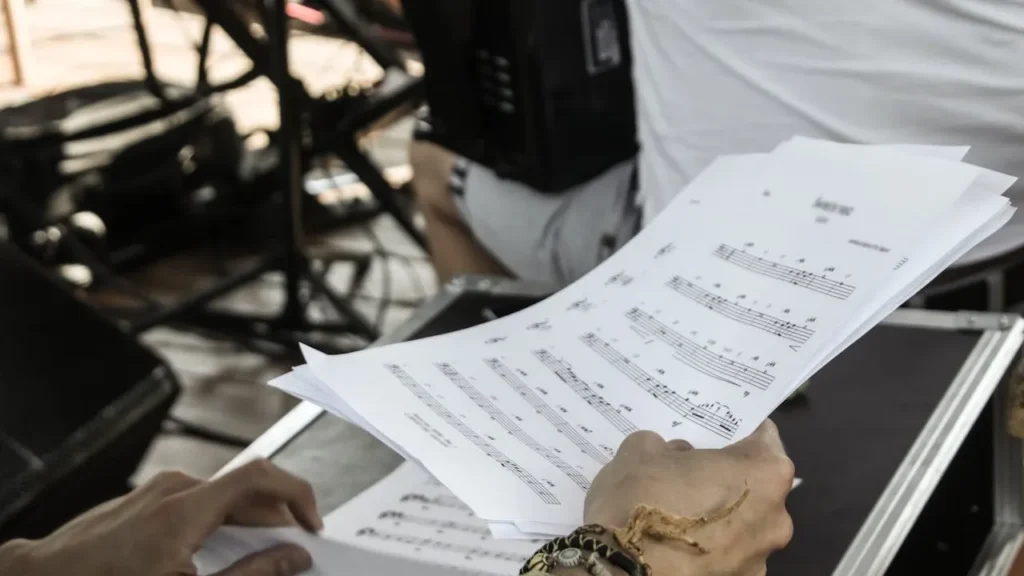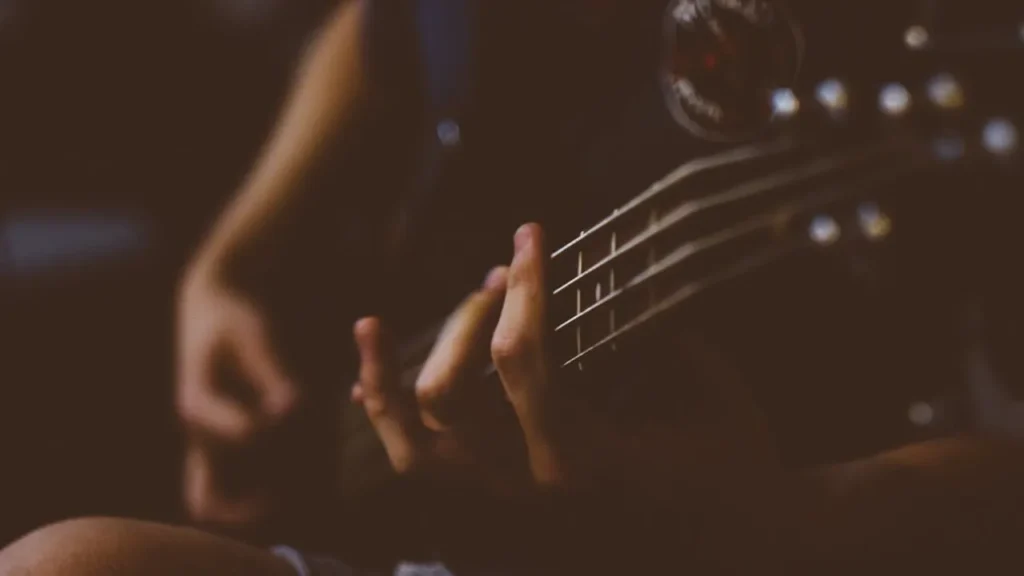
What happens when you purchase a car and one of its tires is missing? Or when you install a wall fixture and a screw comes loose? What happens when a musician turns up to a practice session, not knowing how to play their parts?
A certain effect can be felt when one of the instrument’s parts is not delivered well. Imagine you are playing a song with your band, and the groove doesn’t sound right, or the chords are consistently wrong, and you look towards the guilty member and all they can give you is a faint look of embarrassment. Worse still, you may be the one causing all the chaos and receiving the bombastic side-eye from the rest, because you decided to indulge in video games instead of practice for the concert.
Knowing how that feels and understanding the impact of not doing self-practice will allow us to get into the right frame of mind when going for our next gig or jam session. This post is dedicated to all musicians preparing for gigs, but even casual players can learn a thing or two should they want to get serious.
What is Self-Practice?

As the term suggests, self-practice is refining your individual musical skills outside of band rehearsals. Depending on the band setup, this usually requires preliminary information, like the song to play or a demo. You will then follow a template by playing to the original track, making your chops consistent as the drummer, setting the right patches as the keyboardist, memorizing lyrics as the vocalist, and so on. Every instrument and instrumentalist has personalized ways of how to self-practice.
Even if no prior direction was given, basic knowledge of the song such as structure, chord progressions, lyrics, etc. should be studied.
This concept may seem easy to grasp, but from personal experience, a handful of people fail to do this and turn up to sessions unprepared (and sometimes half-awake).
Why self-practice before rehearsals?

Band rehearsals are not for individual practice
The clue is in the name! Band rehearsals are scheduled for bands to practice at the group level. Agendas may include locking in with one another, deciding on arrangements, adjustments to sound, and more. There is no reason to come together to practice when everyone plans to sit and work by themselves. That is called a study session by students. Even if only 1 member comes unprepared, the song is not fully realized, and the session cannot be properly maximized.
Time is not always on your band’s side
When you account for each member’s commitments outside of the band, you will realize that it takes some level of coordination to get everyone’s schedule right and find time to practice. Time starts to run out when the band has to stop constantly to allow one member to figure out their parts. In addition, the starting and stopping of runs drain everyone’s energy and motivation to jam.
The stakes are heightened when you have to prepare for a gig. With the already limited practice time, every band session is crucial in preventing the band from collecting tomatoes on stage. The audience may not be as musically attuned as you, but they will surely pick up on the mistakes that stemmed from a lack of polish, as individuals and as a band.
Smoothen the process

The drummer counts the band in and everyone starts to play automatically, hitting the right notes at the right time, nailing the attacks and cuts until the song ends. This is what every band hopes to achieve for their rehearsals. I have seen with my own eyes that it is possible, and it doesn’t require extensive music theory or fleeting technical skills.
Once it comes to a point where everyone is well-practiced and well-versed in their roles, a starting point is the only thing to get the cogs running. This is because, during self-practice, all band players would have followed the same template as mentioned above. Once jamming starts, it is akin to playing a puzzle, but with notes and rhythm.
Why do some musicians not practice?
Musicians are still human, not computer programs that execute commands. There will be times when our fellow bandmates fall short of our expectations. Although we have no control over what someone else does or doesn’t do, we can still seek a better understanding of why they may turn up unprepared.
Caught up with other commitments

For the average musician, music may not be their entire life (unless we are talking about bands that tour so you literally stick to your bandmates every day). Family, jobs, and personal time will take up a huge chunk of their bandwidth. It is safe to say that we will never fully experience another person’s life through our eyes. Therefore, unless there is healthy communication of time, we will always be in the dark about someone’s commitments.
That is not to say that they shouldn’t prioritize the band. Signing up to play in a band is like signing a contract – stakeholders are at play, whether they are bandmates, managers, or audiences. If other commitments start catching up, it may be time to re-evaluate how much they can be involved in the band.
Lack of motivation
Humans are spurred by things that interest them. When the song doesn’t inspire, or when bandmates are deadpan 90% of the time, some members find it difficult to keep their spirits up. Not every band member will have the same taste in music or the same personality, which can be a challenge sometimes. However, the band environment plays a huge role in a musician’s motivation to perform well, and all members of the band have an impact on one another.
There is also the personal journey, as different people have different upbringings. When a musician fails to practice, some people call them lazy; others dig deeper and find the reason for their laziness. Maybe they are cynical about the success of a song, or feel that they are good enough to just wing it during the rehearsal. Both are not ideal, but it will be easier to move to a solution once we understand the intentions.
Conclusion
Every member is equally responsible for ensuring that their parts are prepared before coming for rehearsals. Hopefully after reading this post, you will have a better understanding of the rationale behind why we self-practice and the reasons as to why some people don’t.
